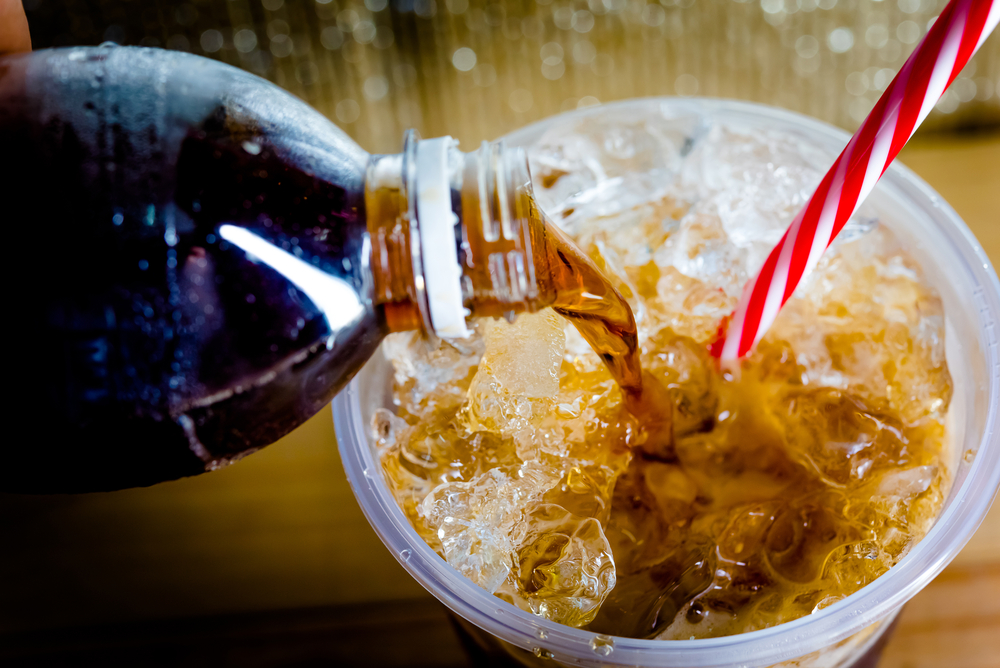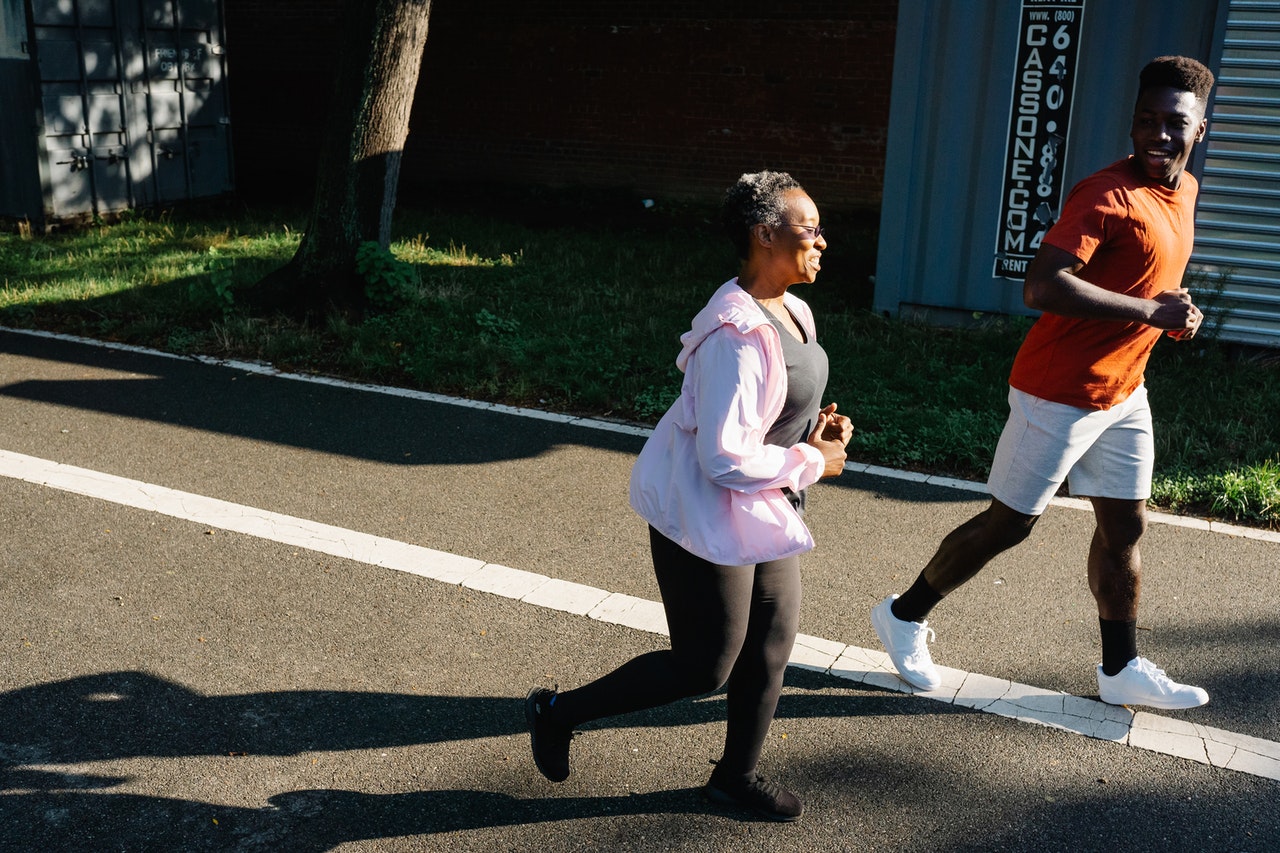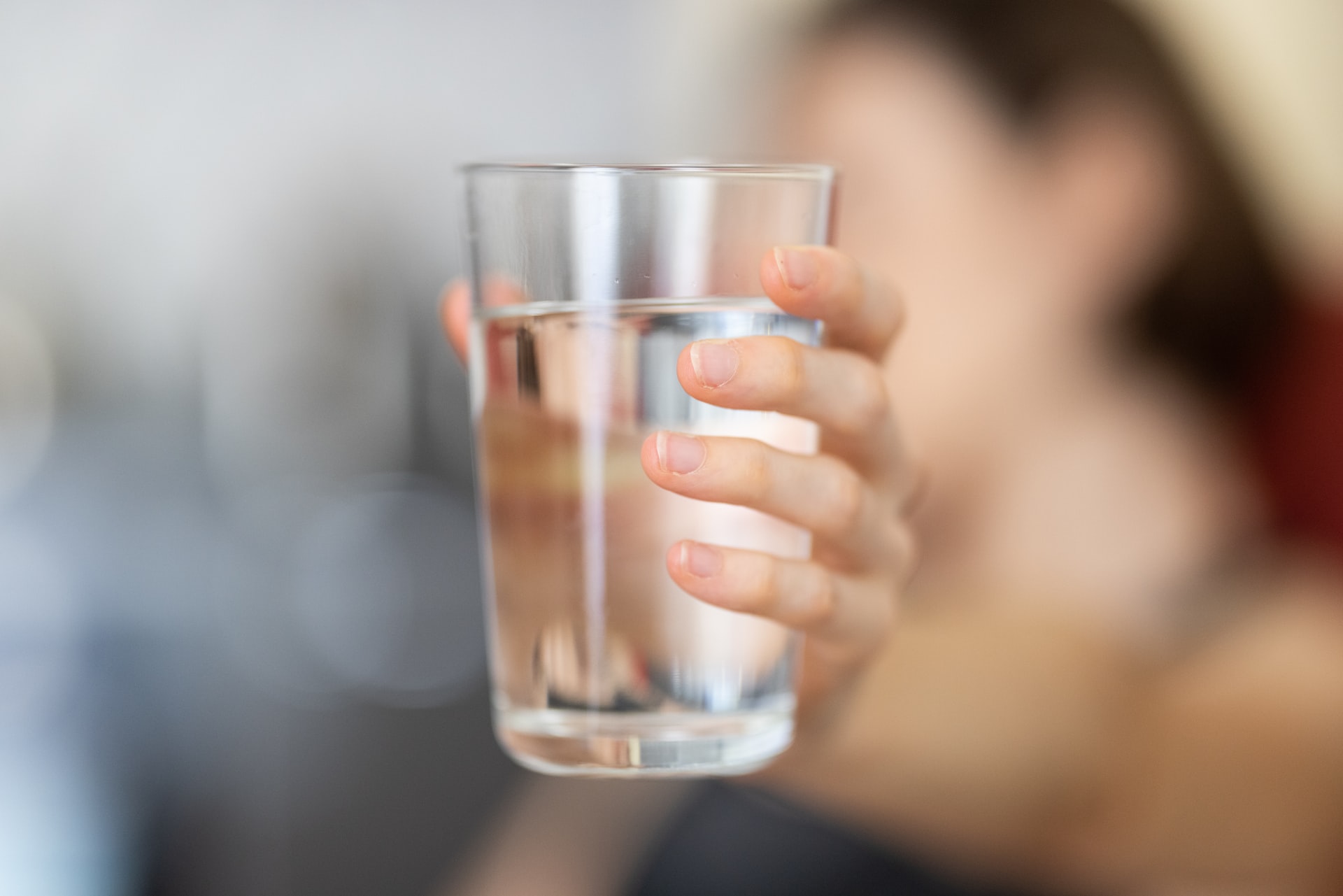Diet Soda May Prompt Food Cravings, Especially In Women And People With Obesity


Many people think of diet soda as a “healthier” choice to regular soda. After all, you get that satisfying bubbly refreshment, without the added sugar, right? But as in many unfair aspects of life, those fizzy sugarless drinks could be the very reason you keep craving unhealthy foods according to a new study. As a result it becomes impossible to lose weight, because you are constantly facing food cravings that interfere with weight loss. (1)
The Diet Soda Study
The new study concluded that people with obesity, especially females, can experience food cravings due to intake of sucralose. “We found that females and people with obesity had greater brain reward activity after consuming the artificial sweetener,” says study author and physician Katie Page, who specializes in obesity at the University of Southern California. (1)
Study Participants
The study included 74 people of various weights who were given water either containing sucrose or sucralose commonly used as an alternative sweetener in soda. Using functional magnetic resonance imaging (fMRI) scans, participants were examined two hours later to measure brain activity while looking at images of foods such as donuts and burgers. (2)
Study Focus: Diet Soda & Obesity
The examination of the brain focused on regions related to food cravings and appetite. “I think what was most surprising was the impact of body weight and biological sex,” says Page. “They were very important factors in the way that the brain responded to the artificial sweetener.” (1)
Similar previous studies had looked at males of average weight. But this study included women, and revealed how those who often hope to benefit from diet sodas to assist with weight loss are actually at highest risk of experiencing negative effects. “It is precisely people with obesity who disproportionately suffer from a strong drive to eat high-calorie foods,” says Laura Schmidt, a professor of health policy at the University of California, San Francisco. (1)
The Response
Responses were measured in three ways: (1)
- Functional MRI brain images to test activation of parts of the brain linked to appetite and cravings
- Blood samples to measure hunger drivers, blood sugar and metabolic hormones
- The amount of food consumed at a buffet at the end of the sessions
“This study offers some clues as to why artificial sweeteners could be priming the brains of people with obesity to crave high-calorie foods,” says Schmidt.(1)
Ongoing Research Into Diet Soda & Obesity Link
Studies exploring possible ties and triggers between artificial sweeteners, metabolism and weight are not new according to Susan Swithers, a behavioral scientist at Purdue University. “These results are consistent with patterns that we’ve actually seen in my lab in [animal] studies,” she says. (1)
She believes the tie could be related to confusion with the body, which is tricked into expecting sugar when artificial sweeteners are consumed. “You are supposed to get sugar after something tastes sweet. Your body has been conditioned to that,” she explains. (1)
The Diet Soda Disconnect
Swithers believes it’s possible diet soda leads to a disconnect because the sugar that the body is expecting never arrives. As a result, it’s possible the body’s anticipatory responses are blunted, so the body’s ability to metabolize sugar consumed later is not efficient. “When you get the sweet taste without the sugar, that changes how you respond to sugar the next time, because you don’t know whether it’s coming or not,” Swithers suggests. (1)
Swithers’ Study On Animals
Swithers’ work in this area focused on animal tests. They found animals that consumed artificial sweeteners and then real sugar have higher blood sugar levels than animals that don’t eat artificial sweeteners. “It’s a small effect, but over time this could contribute to potentially significant consequences,” she explains. (1)
If this is the case, it could increase risk of Type 2 diabetes for people who drink diet sodas. This is because increases in blood sugar require more insulin production to absorb the sugar. “So what you’re doing is you are kind of pushing the system harder,” Swithers says. “People with obesity might want to completely avoid diet sodas for a couple of weeks to see if this helps to reduce cravings for high-calorie foods.” (1)
As for the new study, researchers feel their findings put the mixed results from previous studies into context. “By studying different groups we were able to show that females and people with obesity may be more sensitive to artificial sweeteners,” concludes Page. “For these groups, drinking artificially sweetened drinks may trick the brain into feeling hungry, which may in turn result in more calories being consumed.” (2)
If you are interested in finding out more about tricks our diets might play on us, click here for more information.
Sources:
- https://www.npr.org/sections/health-shots/2021/10/07/1044010141/diet-soda-may-prompt-food-cravings-especially-in-women-and-people-with-obesity
- https://www.studyfinds.org/diet-soda-food-cravings-women/?









